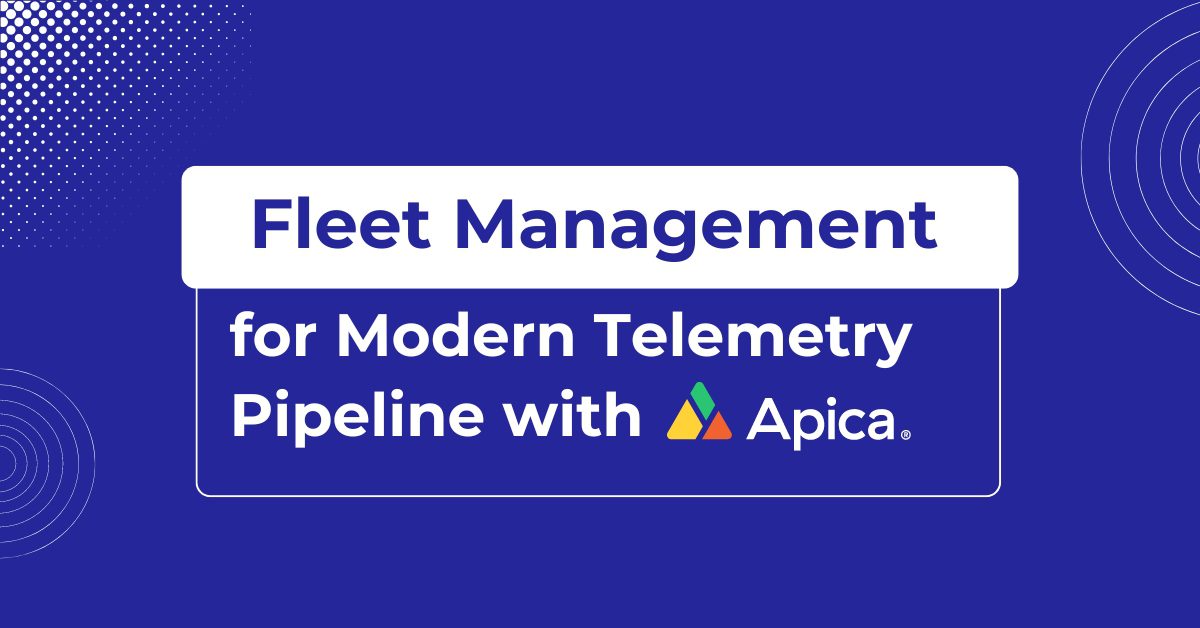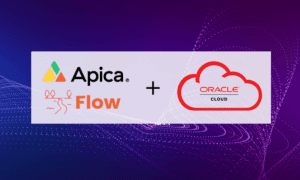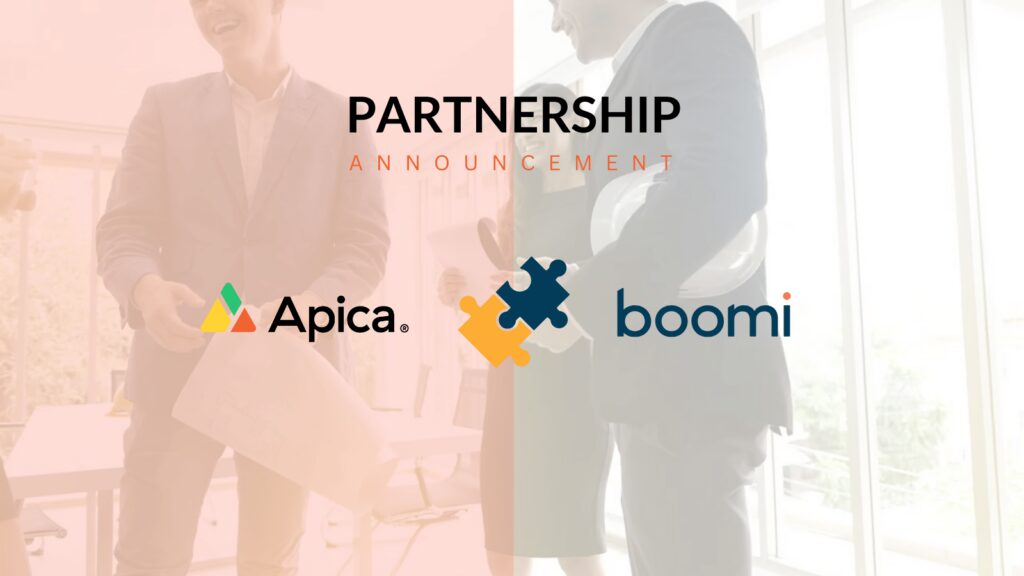Security
- Apica ensures robust authentication and authorization mechanisms to ensure that only authorized users can access the platform and its data. By using SSO and RBAC, data security is enhanced.
- Apica encrypts all data in transit and at rest to protect it from unauthorized access.
- Apica ensures real-time security monitoring measures by hardening its Kubernetes based architecture. Secure configuration, network policies, secrets management, image scanning and runtime security are implemented to prevent malicious or vulnerable clusters from being deployed in the environment.
- All deployments of Apica – SaaS, PaaS and Hybrid SaaS – are actively monitored and maintained by a team of experts who work to prevent and resolve issues as they arise.
- Apica complies with data privacy regulations and is SOC 2 Type 2 compliant, implementing effective controls to protect customer data.
- Apica allows users to define data retention policies and provides mechanisms to delete data when it is no longer needed.
- Apica maintains audit logs of all user activity for compliance and security purposes.
Compliance
Scale
- Apica has an elastic infrastructure that allows it to scale up or down seamlessly to handle changing demand and workload.
- The observability platform from Apica is built on a microservices architecture and uses an object-storage model, providing greater flexibility, scalability, and reliability.
- Apica has load balancing mechanisms in place to distribute the workload across multiple instances of the application.
- Apica supports data partitioning through its object storage architecture to handle large volumes of data without compromising performance.







